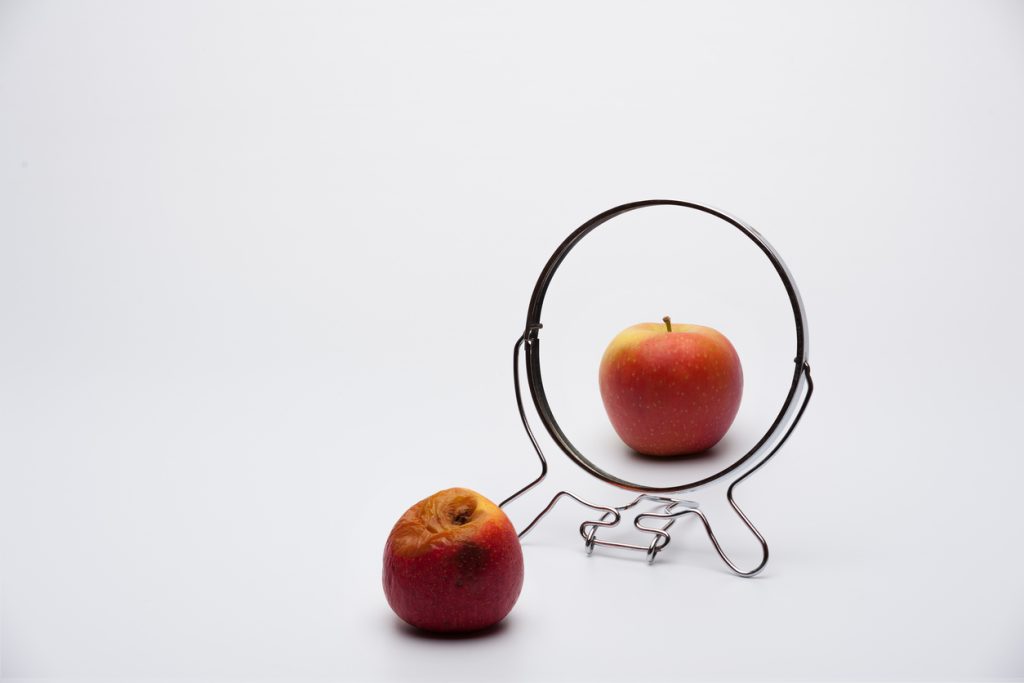Dental Care in your Senior Years
So for better or worse you’re reaching your senior years. While taking care of your teeth and gums is important throughout your life, getting ‘longer in the tooth’ can put you at more at risk for dental care issues.
Dental problems can become more common in our senior years – and since oral health directly impacts the health of the rest of our body, we should not overlook or pay down the importance of good oral health in older age. Taking care of teeth and gums in advancing years is just as important as digestive or heart health.
Conditions like arthritis might make it difficult to practice good dental hygiene and memory loss may cause some seniors to forget to brush and floss their teeth altogether.
Also, changes in the mouth can lead to other health problems for people in their senior years. However, with the proper care and regular visits to the dentist, it’s possible for teeth and gums to stay in great condition regardless of your age.
Common Dental Care Issues Seniors Face
Some of the common issues those in senior years face when it comes to oral hygiene include:
- Cavities and root decay. Older adults often face more cavities and decay on the root surfaces of the teeth. This occurs as the gum tissue receded and the root of the tooth is exposed. Our teeth roots are not covered with protective enamel, therefore making them more vulnerable to decay.
- Darkened teeth. This is caused often by changes in the dentin, the bony tissue under the enamel, or from years of consumption of beverages and foods that stain teeth. As we age the enamel can often become thinner, which means the dentin is more visible, causing the teeth to appear yellowish or even brown.
- Increased sensitivity. As your gums recede over time, areas of the teeth not protected by enamel become exposed and can be sensitive to hot, cold sweet or sour foods. Sometimes, sensitivity is a sign of a more serious condition like a cracked tooth or a cavity. If your teeth are sensitive, check in with your dentist to rule out a larger issue.
- Dry mouth. Many medications and therapies can cause dry mouth, as they reduce the production of saliva. Smoking can also cause dry mouth.
- Dentures. While dentures are helpful for many seniors, they do require special care that can sometimes be difficult to maintain on a daily basis.
- Gum disease. Gum disease tends to affect people over the age of 40 more so than younger individuals. It’s caused by poor oral hygiene or a bad diet, as well as diseases like diabetes or heart disease. Also, those who smoke or drink alcohol regularly are more at risk for gum disease.
How to Improve Dental Care in your Senior years
We all know brushing twice a day and flossing every day is important for oral health. But there’s more to maintaining dental care now that we are older and wiser. Here a some tips that may prove helpful:
- Brush twice a day with a toothbrush with soft bristles and fluoride-containing toothpaste. Brush for 2 minutes.
- Consider using an electric toothbrush – it’s a good option for people with dexterity issues – and most have a time that will let you know when your brushing time is up.
- Floss daily. Brushing only cleans around half your tooth, flossing will reach between the teeth and remove bacteria that is caught there.
- If you wear full or partial dentures, remember to clean them on a daily basis. Remove your dentures at night
- Drink tap water – Since most contains fluoride, it helps to prevent tooth decay no matter how old you are.
- Consider quitting smoking. Besides putting you at greater risk for lung and other cancers, smoking increases problems with gum disease, tooth decay and tooth loss
- Keep up your regular Active Maintenance visits to your dentist so they can monitor your oral health regularly.
- Eat a healthy, well-balanced diet that includes dairy and high-fibre foods.
- Maintain your regualr Active maintenance visits to your dentist, so that you’re one step ahead of any possible problems before they arise.
Stay on top of your oral Health in your senior years and enjoy a beautiful smile for longer.
Want to learn more or book a consultation? Visit our Contact Us page and complete our enquiry form or call us on 02 9389 3656, we’ll be happy to help answer your questions.
More articles
The connection between your teeth and your overall health
For a long time, scientists have been studying how our oral health (mouth teeth and gums) is related to our general health. They have found that some diseases in our body can affect our mouth and...
5 tips for Anxious Dental Patients
How long has it been since you last visited a dentist? Maybe it’s been a year, five, ten, maybe even fifteen years since a professional has looked in your mouth. We understand, there are a lot of...
IT’S THAT TIME OF YEAR AGAIN WHEN THE GHOSTS PLAY, THE WITCHES GRAB THEIR BROOMSTICKS AND THE SKELETONS START TO RATTLE THEIR BONES
Halloween is gaining a stronger foothold in Australian culture, with many parents rightfully concerned about the effects of all those lollies on children’s teeth. But who doesn’t love a good...
Do you have a question?
will answer any questions you have.



